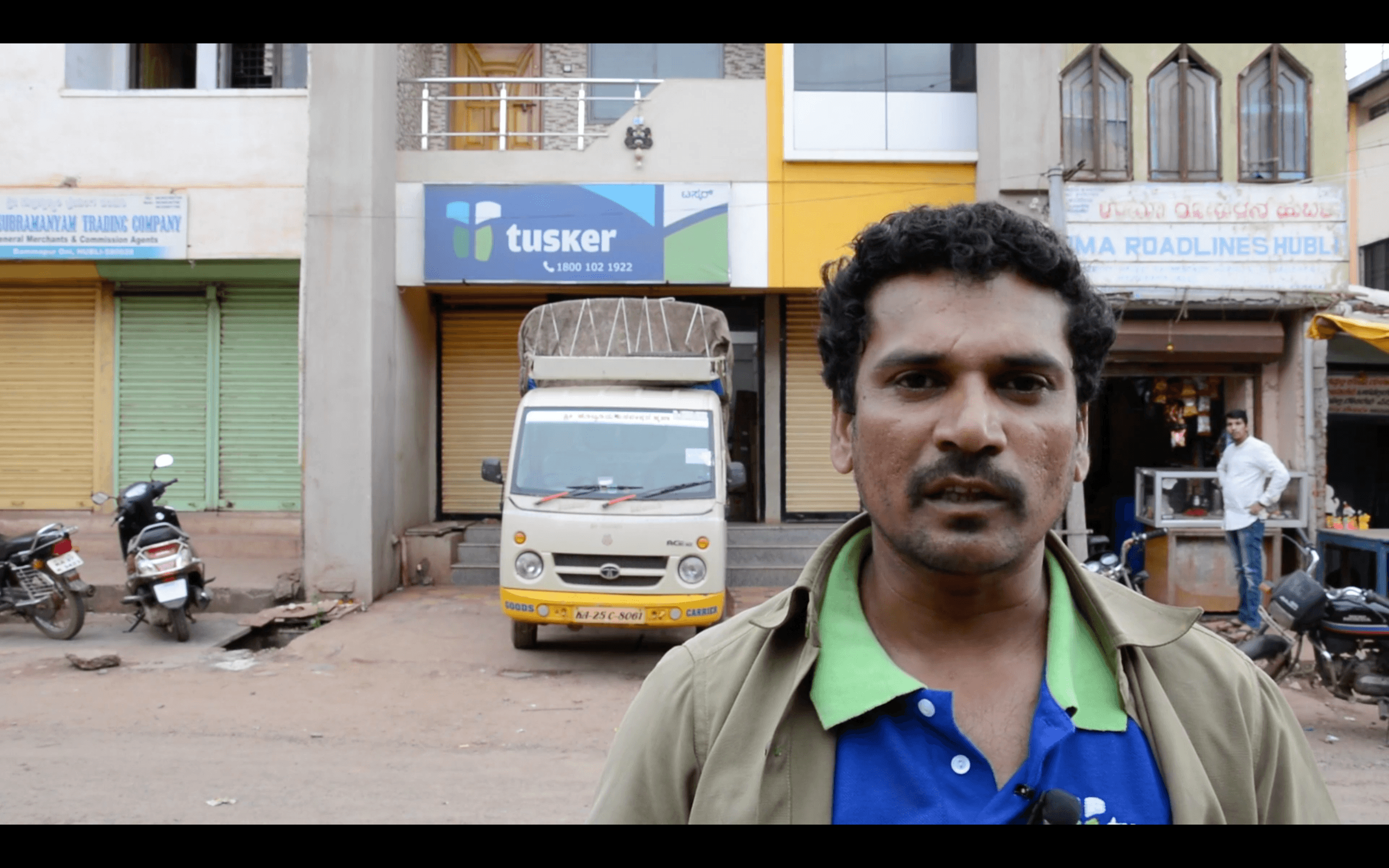Last mile distribution (LMD) logistics continues to hinder economic growth across rural India, which houses around 70% of the population, contributing to approximately 35% to India’s overall GDP. Inefficiencies in rural logistics have negative impacts on rural economies reliant on self-employment services, agriculture and construction.
Tusker Transport – a Shell Foundation partner since 2015 – provides transportation services to over 2,500 villages via its fleet platform. The platform enhances access to affordable products for more remote, rural consumers, reducing distribution costs through automation and has shipped packages totalling 1,900+ tonnes.
To better understand the purchase drivers for LMD customers, Tusker recently released learnings identifying factors that influence purchasing behaviour to determine their relative importance. The report utilises key business data and interviews from Tusker customers to analyse business trends and marketing heuristics.
Working on the hypothesis that purchase drivers could be categorised under brackets of reliability, affordability and accessibility, Tusker ran a series of interviews with four business development associates and 40+ customers across eight industry sectors.
Sectors vary with their own seasonality and requirements in terms of pricing, volumes and other features. As expected, it was evidenced that different sectors have slightly different priorities and hence have varied purchase decision drivers.
The purchase drivers were then analysed for cross-sector learnings as a means to drive Tusker’s future strategy:
- Strategic territory expansion can escalate client partnerships (Reliability)
- The expectation of security and accountability is expanding (Reliability)
- Low cost isn’t everything (Affordability)
- Convenience Matters (Accessibility)

